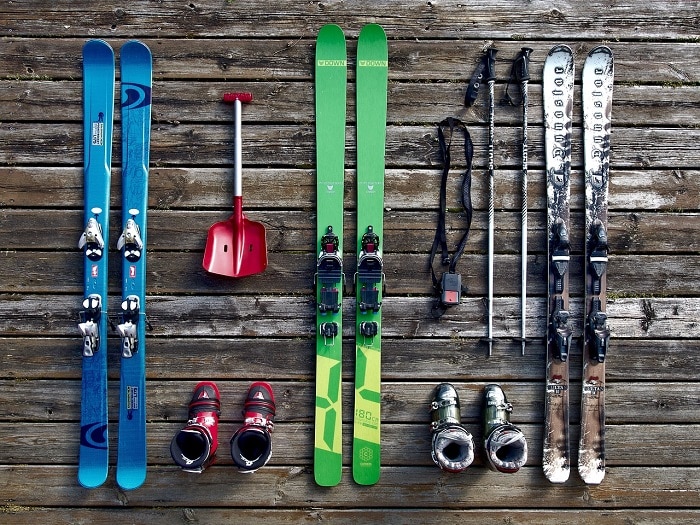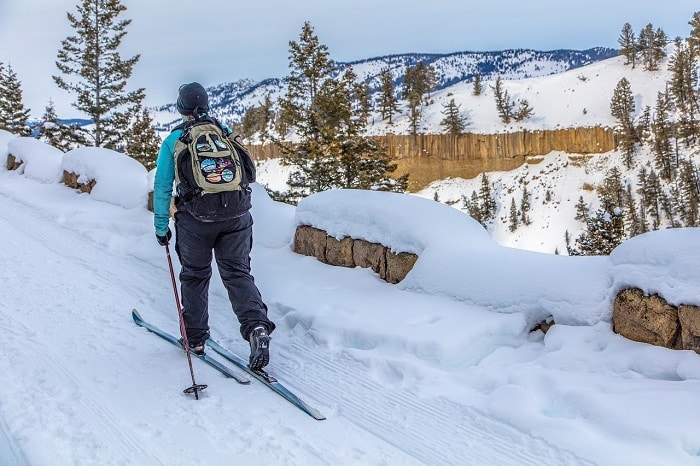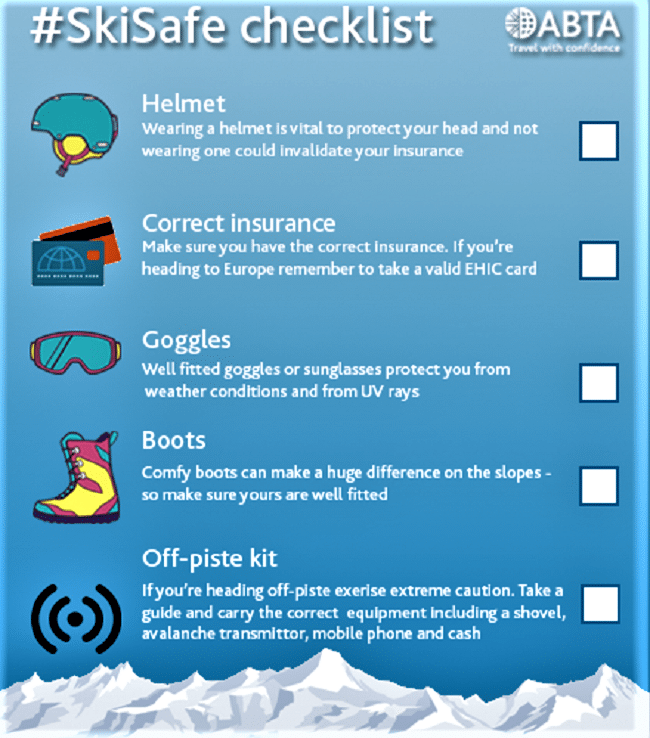Posted on 11 December 2018
Knowing the safety advice for a skiing holiday is of utmost importance, for both experienced and novice skiers. Even experienced skiers have accidents if they steer away from time-honoured advice or get caught off guard. Official information is priceless, and this is where the Ski Federation, UK Ski Club and ABTA, the UK Travel Trade Association step up to the mark. Here is their advice, hints and tips on how to prepare for your holiday and stay safe on the slopes.
Safety Advice for Skiing Holidays
Before You Leave Home
Travel Insurance: Every year, ABTA releases the same warning about a lack of adequate insurance. Basic insurance policies do not cover accidents that occur during extreme sports or activities. This includes skiing. Choose a specific ski travel insurance policy and read the policy thoroughly.
Physical Fitness: Even though skiing is a lot of fun, it requires a high level of physical fitness. People who neglect their health, are at higher risks of accidents and injuries. A month before you leave, implement a fitness routine, and know your limits before, during and after the holiday.
Lessons: Qualified instructors within resorts sell lessons but start learning before you leave home. Find an indoor dry slope or snow centre in your town and book a few lessons to improve confidence and get rid of beginner’s nerves.

Upon Arrival
Familiarise: Get yourself a piste map listing the different grades and familiarise yourself with the classifications. Know your limits and stick to pistes within your ability. Green, blue, red and black show gradings from easy to hard, but they can differ from country to country and during the day according to weather conditions and time. Also make a note of funicular, lift and cable car closing times.
Driving: Drivers should avoid extreme icy conditions and let their hotel receptionist know where they are going if leaving resort. Familiarise yourself with local traffic laws, and road conditions. Only use well-lit and accessible roads.
Helmets and Gear: In some countries, wearing a helmet is compulsory, while in others, a matter of choice. ABTA says to wear one, regardless. Hire shops in resort, rent them out for the day. If you have an accident but are not wearing a helmet, your insurance policy becomes invalid.
Also, people often associate skiing with wintry weather, but at high altitudes, the sun is stronger and brighter. Wear sun cream and lip balm protector. Sunglasses or goggles will prevent snow blindness. Also, wear a helmet, gloves and base layer of clothing.
Alcohol and Water: Most skiers like to hit the bars and restaurant after a day on the slopes to indulge in the time honoured après-ski tradition but pacing yourself is important. Drinking alcohol at high altitudes affects our bodies quicker than usual, and even on the day after, it impairs reactions, coordination and judgement. Alcohol also limits the body’s awareness of temperatures. Skiing is a strenuous sport and combined with the alcohol and high altitude, dehydration is a possibility, so always, drink the standard eight glasses of water.
More Tips: Avoid frozen streams, and lakes no matter how solid they look. Check daily weather reports and always carry a charged mobile with credit. Solo skiers should let someone know where they are going. Skiing is a lot of fun, but many accidents happen when people have reached their physical peak so know your boundaries.

On the Slopes
In Case of Accident: Mark off the area with the injured person, and report it to a pisteur, lift operator or the emergency services if needed. Information they will need include the piste name and market, and number of injured people. If you are involved or come across an accident, alert rescues services and give help where possible. All people involved in accidents should swap names and address.
Heading Off Piste: First, check your insurance policy because many companies don’t cover off-piste activities. Always carry equipment for possible accidents and check weather reports and avalanche predictions. Only experienced skiers should try marked runs. Be aware they are un-supervised and wear suitable gear.
Most gear has built-in RECCO technology, and resorts have the equipment to use it. This technology sends out a search signal, which is picked up by skiers wearing RECCO reflectors. This advanced radar technology helps to save lives.
While skiing, the Official International Ski Federation says safety advice includes…
- Respect other skiers and don’t endanger their lives.
- Control speed and manner according to abilities and weather.
- Leave plenty of space between you and skiers in front. This also applies to overtaking.
- Look up and down the mountain before starting a marked run
- Stop, only where you are visible to other skiers.
- Always, keep to the side of the piste when climbing up or down.
- Obey all signs. They are there for a reason.
Further Reading: Read more articles about skiing, resorts and real estate investment on our ski blog, or follow us on Facebook to keep updated with the latest developments from resorts around the world.


